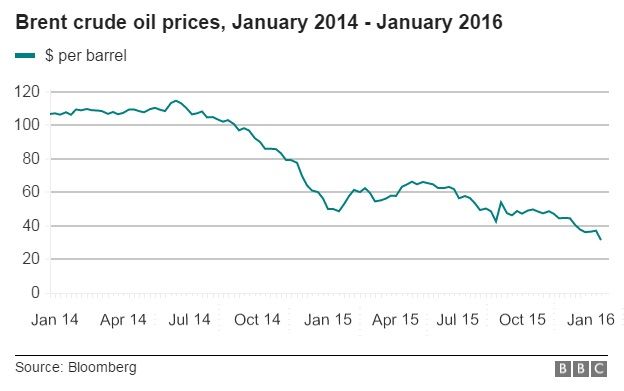The Public Accounts Committee of Parliament (PAC) was forced to suspend its sitting, Tuesday, after Bank of Ghana (BoG) officials who are appeared before it for questioning told the Committee that they had no knowledge about the issues they’ve been summoned to respond to.
The officials, Gabriel Bokor, Deputy Chief Manager, Banking Department and Lesley Akron, Assistant Manager, Banking Department, had told the Committee that they were only notified to appear before the PAC “this morning” and pleaded that the Committee spares them from further questions.
“My Lord, we did get any direct message from the Governor to the fact that we have to be here”, calm looking Akron told the Committee after introducing himself.
Then you can’t assist us in the work that we are going to do because there are several queries against the Bank of Ghana”, Kwaku Agyeman-Manu, Chairman of the PAC retorted.
But Mr. Akron replied “We were actually told to come and plead with the Committee if we would have an insight into the issues and then we would get back to the authorities to get the appropriate answers so we that we get the appropriate people to go. We were actually expecting our Chief Internal Auditor and a few other people to lead us but …”.
The Bank of Ghana were billed to appear before the PAC to respond to queries raised by the Auditor-General in its reports on the Public Accounts of Ghana for the year ending December 31, 2011, 2012 and 2013.
A senior member of the Committee, Hon. Abubakar Dey who was not enthused with the response of the Bank of Ghana officials told the panel that it was better to let them (BoG officials) go since they were not prepared for the encounter.
“Chairman, I think they are not prepared. The Governor had the letter inviting him. He can forward it to the appropriate section to work on it before coming here than just come and say you will sit down and listen. No, it is not acceptable. If they are not ready, they should go back”, he noted.
After listening to some additional views from the members of the Committee, the Chairman was left with no option than to suspend the sitting to Wednesday, January 20, 2016.
Before engaging the officials from the BoG, the Committee was halfway through with their engagement with officials of the Ghana Revenue Authority (GRA) led by their Commissioner, George Blankson and some other officers from the Controller & Accountant-General’s Department as well as the Audit Service.
Source: kasapafmonline.com
































